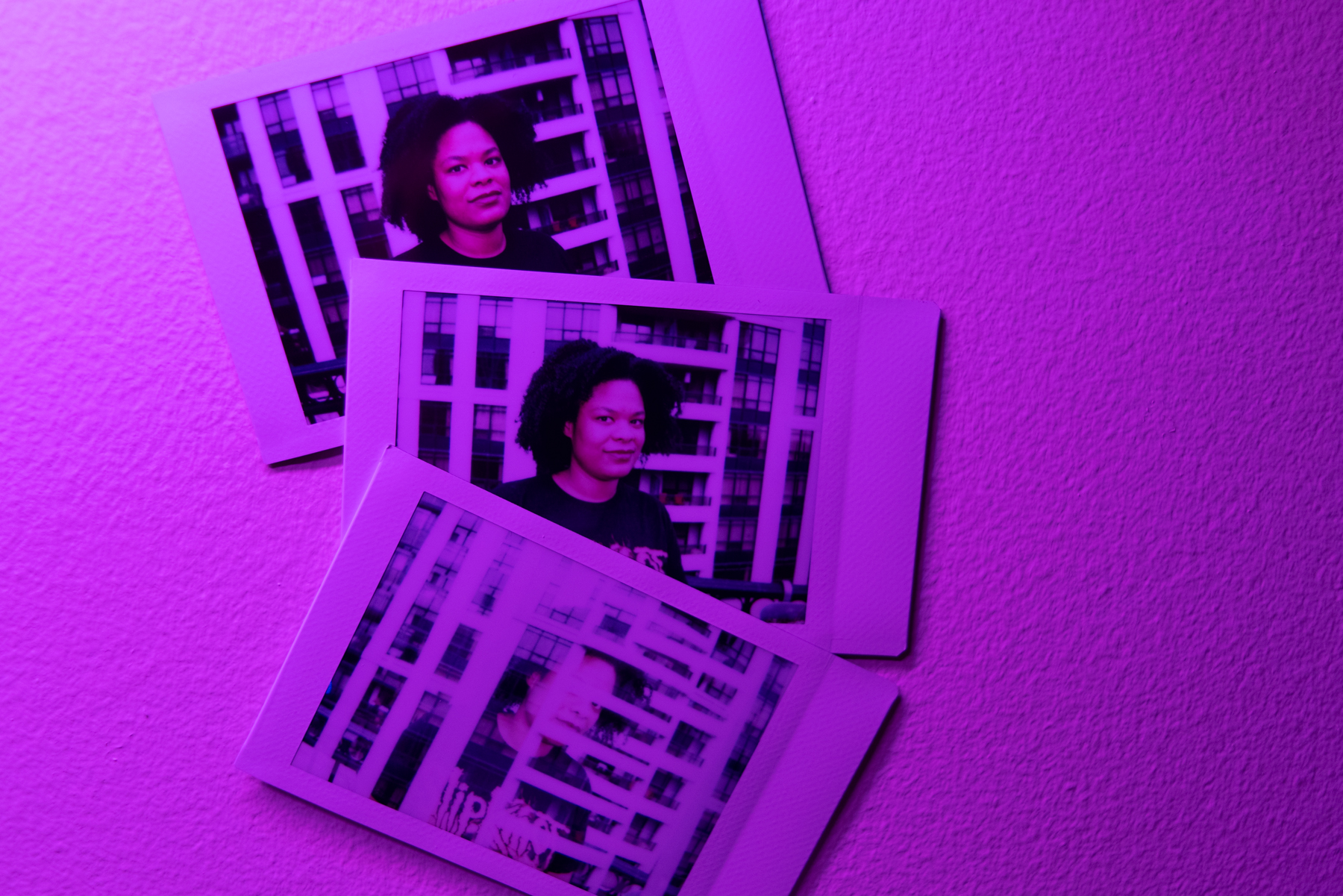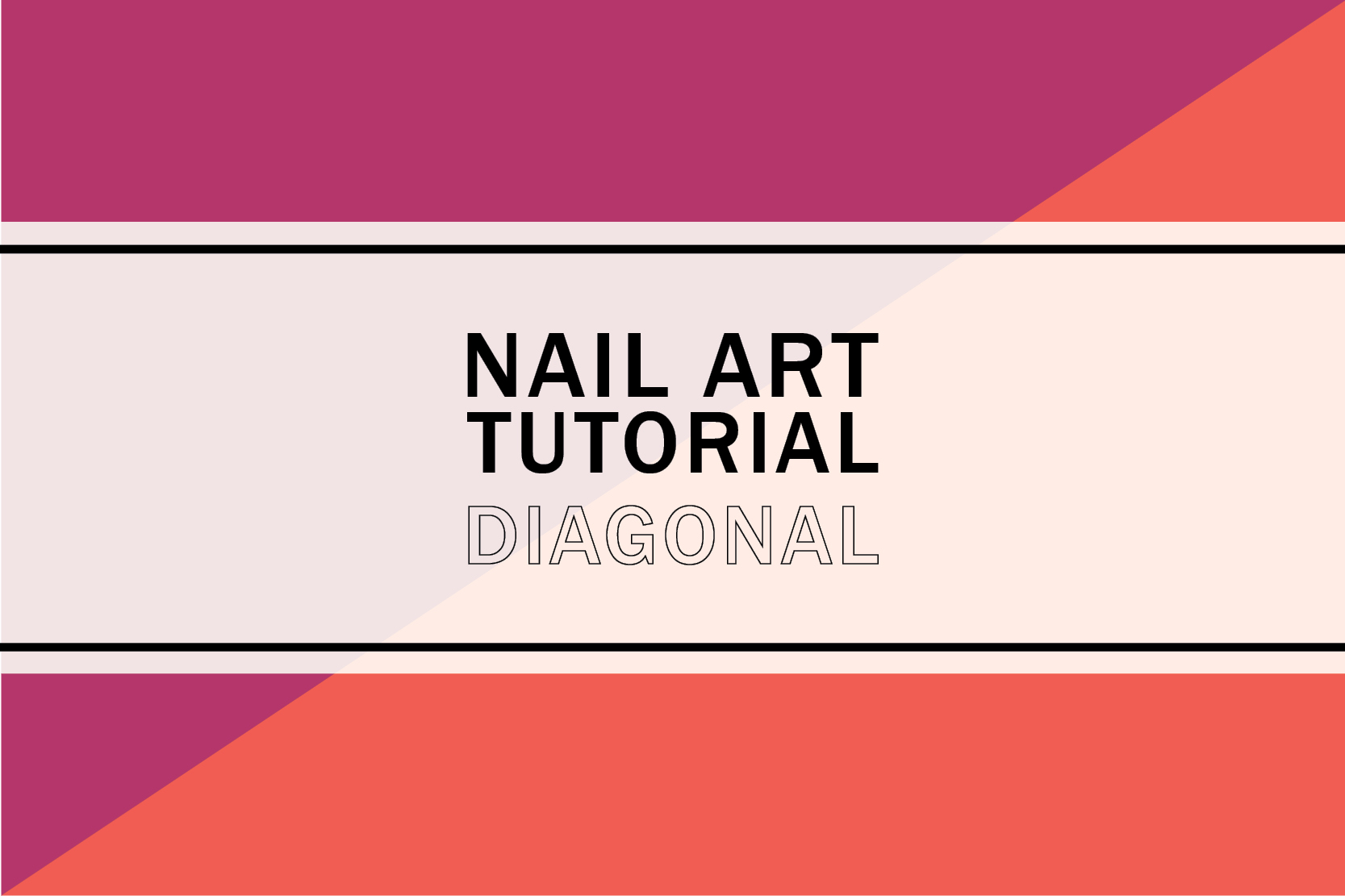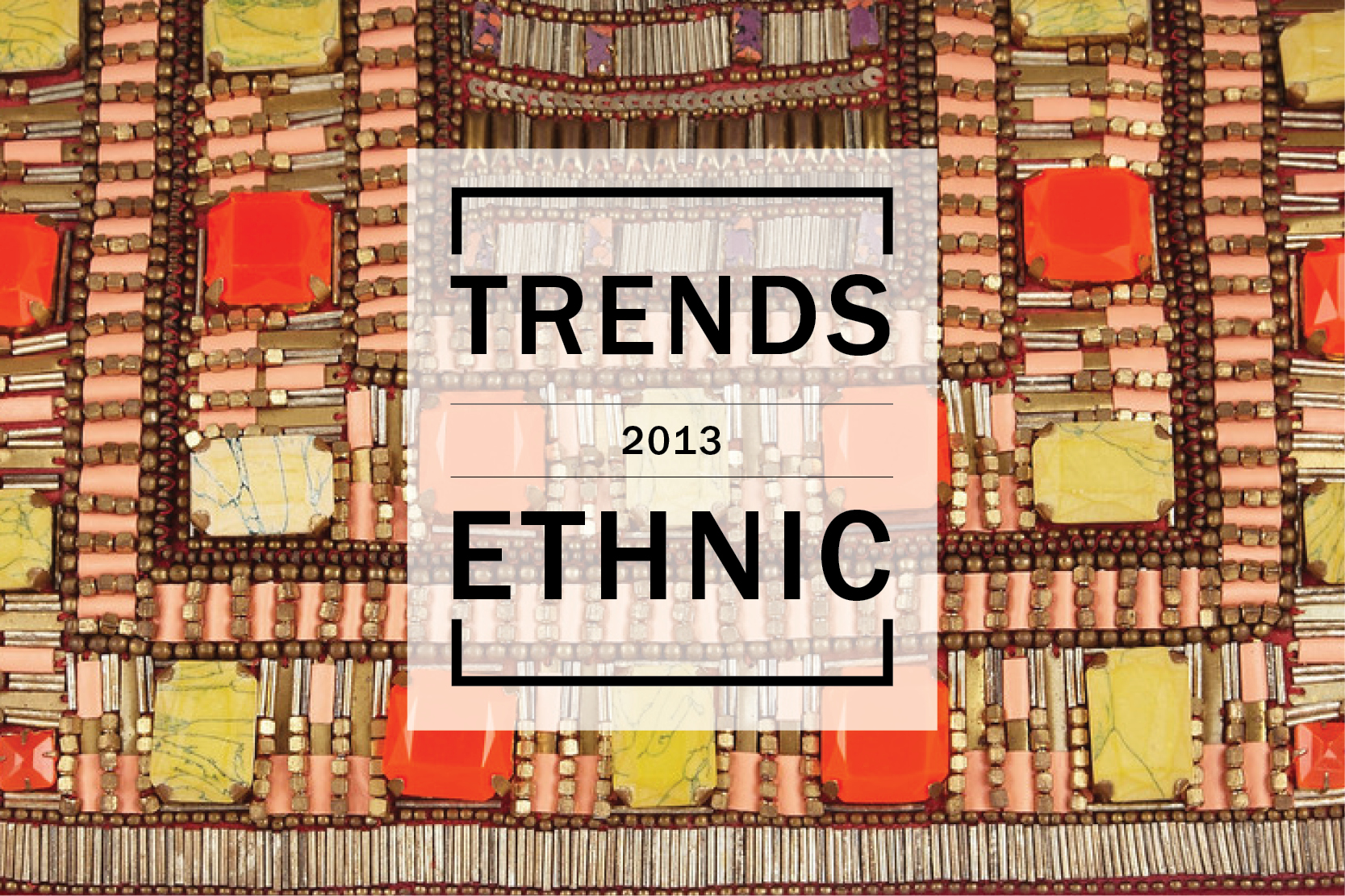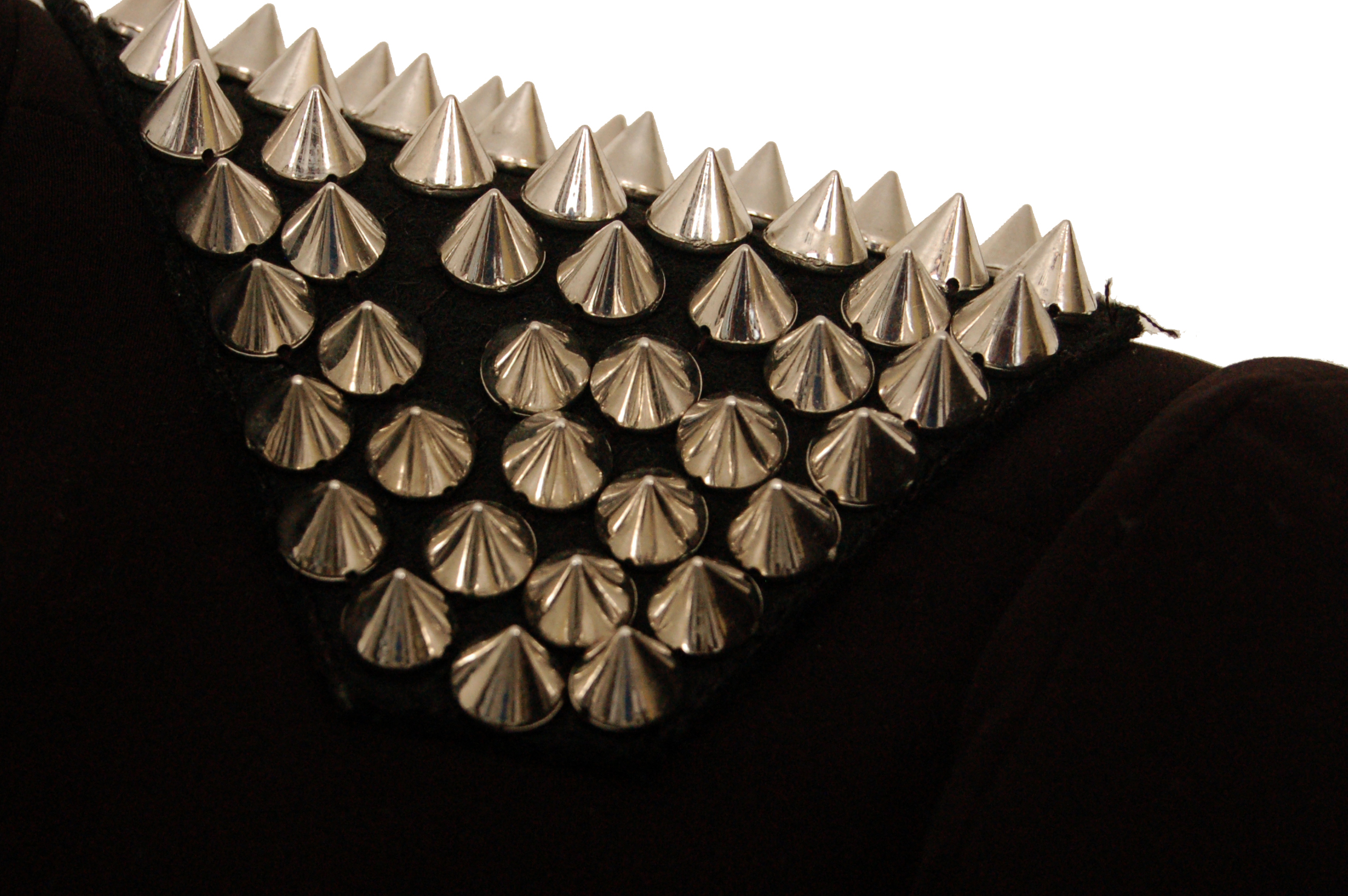I don’t always feel entitled to speak about racism because I know my experience doesn’t reflect the realities of racism. But I thought that this is the right time. Some racist behaviours are so deeply embedded, people don’t even notice what they are doing. They might not even consider themselves racist since they are not explicitly attacking people. But these nuances are just as toxic as clear-cut racism. And above all, they allow people to pretend they are not racist while perpetuating stereotypes. So I decided to show what it looks like to be on the receiving end. Maybe this will give people some perspective, and even if only one person changes their behaviour, I know I’ve done something to break the cycle.
I grew up in a small town in Brazil where everyone knew everyone. That worked in my favour. Since people knew my family, they would never say anything directly to me. Add to that the fact that my dad always spoke to me exclusively in English, and you can see why people saw us differently.
Both of my parents were professors, so having food on the table, a roof over my head and pursuing my education were certainties in my world. Education helped both of my parents to step away from the life they were supposed to have and build the lives they envisioned. So you can imagine they valued it. They sent me to the best schools they could afford to prepare me to go to a public university. As the dedicated student that I was, I went to one of the 10 best universities in Brazil. I graduated on top of my class, one semester early, and 2 months after graduation, I moved to Europe to work on a master’s degree.
I had to break a lot of ground. I moved to predominantly white places to pursue my education. I was the first black person to enroll in the graphic design course and the only black person in my master’s program. But I never let being black be the characteristic that defined me. My focus was on excelling at everything I did. So I was never known as the black girl, but for being at the top of the class. And that helped build respect. And I capitalized on that. I poured my heart and soul, and I graduated early and with honours. I learned four languages to open up more opportunities. I knew that with hard work and dedication, I could go anywhere I wanted.
Because I spent most of my life focusing on building my future, racism slipped through the cracks. For years, I didn’t realize many comments or assumptions were racist. Small things. Like being asked if I worked at a store where employees wore a distinctive uniform. Being questioned if a black man was my partner just because we were at the same store. Or having a salesperson following me in a store because being black was a warning sign for them.
But that is just part of the problem. Although Brazil is the country with the largest black population outside Africa, representation is still an issue. Growing up, I almost didn’t see black actors, politicians, scientists or models in magazines. For years, the only black dolls I had came from one of my dad’s trips to the States. Outside my family, no one I aspired to be, looked like me.
And this translated into other aspects of my life. At 18, I had no idea what my natural hair looked like. My reasoning behind transitioning to natural hair was purely practical: I was tired of spending so much time and money taking care of my hair. Until that point, I thought my only options were straightening my hair or having braids. I had no idea of what I was doing, but I went for it. Countless people tried to convince me otherwise. That natural hair would not suit me. That my hair would look ugly. But as soon as my hair is all-natural, the conversation changed. People loved my hair so much they kept asking if they could touch it. It stills baffles me that having natural hair was a big deal in a state where 80% of the population is black.
In my early twenties, I got more interested in fashion. And my style tends to be a bit over the top. I love big, bold accessories, unexpected combinations, and of course, sky-high heels. I am very artistic, and fashion is one of the ways I use to express myself. But at the end of the day, the way I look means nothing to me. But it clearly means a lot to others.
I’ve seen women holding their handbags tight when they saw I was around them. But as soon as they saw how I looked, they would relax. It happened time and time again, and part of me just started ignoring it. I knew my worth and kept my head held high. I knew I was a well-educated woman with a bright future ahead. I knew who I was, where I wanted to go, and I was not about to let anyone tell me otherwise.
Academia wasn’t the only place I had to lead the way. I have been to a few concerts where I was the only black person. I worked in places where I was the only black person. But I decided to see this as an opportunity to push the boundaries.
I had a decent life in Brazil. Much better than the average person, but I just couldn’t live somewhere where racism, corruption, and inequality are part of the culture, and that’s never going to change. So I left it all behind and decided to start from nothing in Canada. Today, I’m a black immigrant woman. Just existing is a never-ending battle. And I fight by showing the world how much I can accomplish. I’m always asking myself how I can make an impact? Can I become a role model to young girls? What can I do to break to cycle? And that’s what keeps me going.
People don’t understand why I always work so hard. My father, a black man who accomplished a lot thanks to his hard work, gave me several speeches when I was younger. But I believe that what Eli Pope posed to Olivia on Scandal summarizes everything: “You have to be twice as good as them to get half of what they have.”




